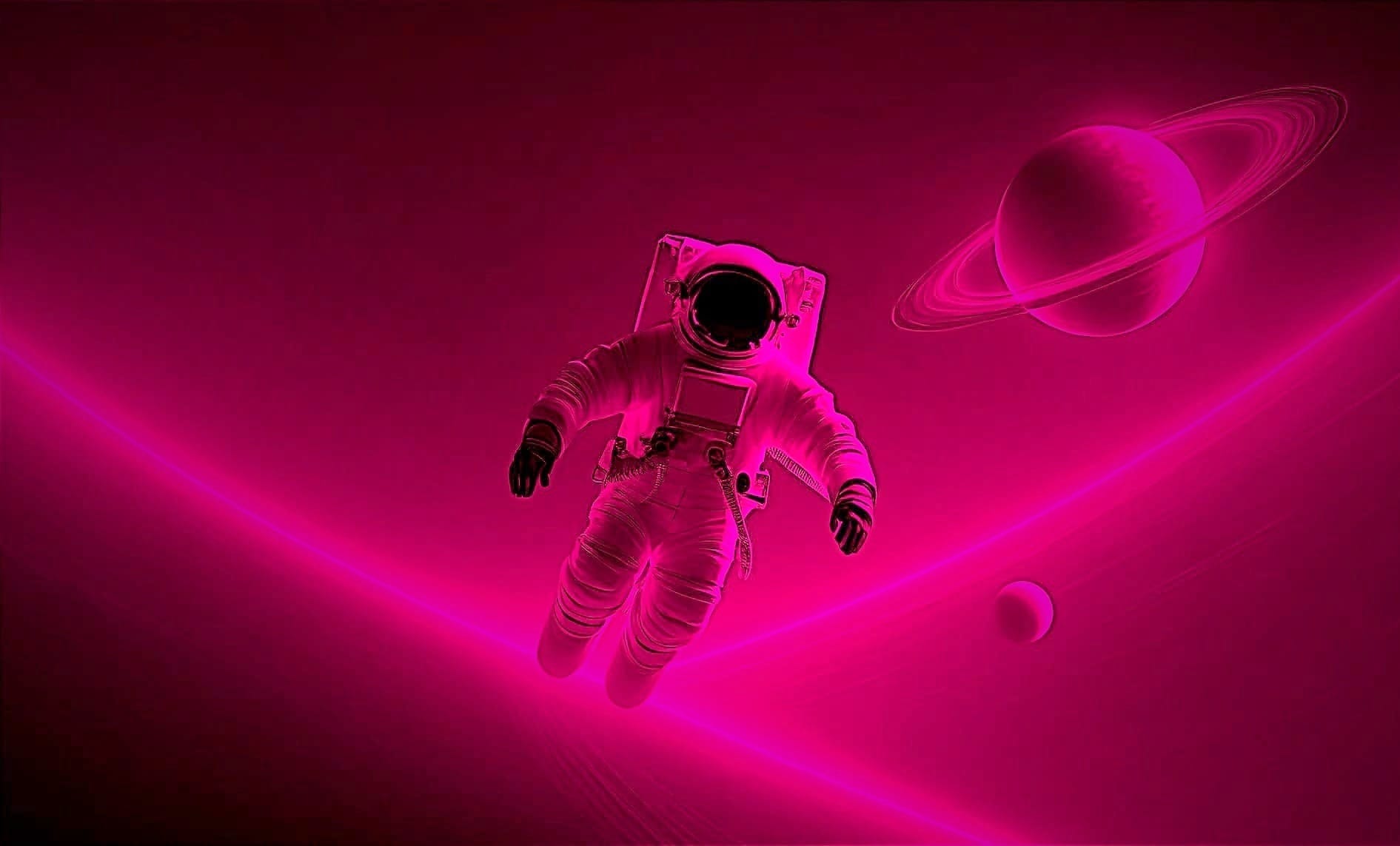The ghost inside 🌀

"Happiness is not the natural state of mankind."
—Terry Pratchett
> godspeed | free will is a lie
It's extraordinarily difficult for human beings to consciously "see" our own intuitive, automatic, unconscious minds in action.
That means we also can't see the accompanying cognitive errors and thinking lapses when they occur automatically.
Cats don't have the same conscious, reasoning minds we do.
But they do have 267 known facial micro-expressions. Cats communicate rich messages to one another without our verbalization skills. 🐱🐈
We communicate in such ways, too. But we do it unconsciously with little or no conscious scrutiny.
What does that even mean?
Imagine you experience a near-miss on the interstate. Your unconscious (or subconscious or non-conscious) mind reacts involuntarily and you jerk the wheel to avoid a collision.
You might tell people later that your jerk of the wheel happened "without me even thinking about it."
You were thinking about it, you just didn't know it.
Now imagine trying to use your conscious mind to block that involuntary jerk of the wheel when the other driver swerved into your lane.
Or consider these examples:
- Why do we automatically overreact to insignificant threats like small, harmless spiders?
- Why do we automatically try to slam the brakes when we're not driving and in the passenger seat?
Scientists say the human mind makes some 35,000 decisions per day.
There's no way we can investigate them all for reason and logic in our conscious, rational minds.
Your conscious or "explicit" mind can’t react quickly enough to intercept cognitive lapses and errors and biases as they occur.
Many of our thoughts and behaviors occur automatically by design.
Some scientists have even publicly declared that free will is an illusion.
- next time "They're astonishingly beautiful but maddeningly crude."
- listening Final Fight "Rage"
>> full series | alerts | playlist / social | tip jar

